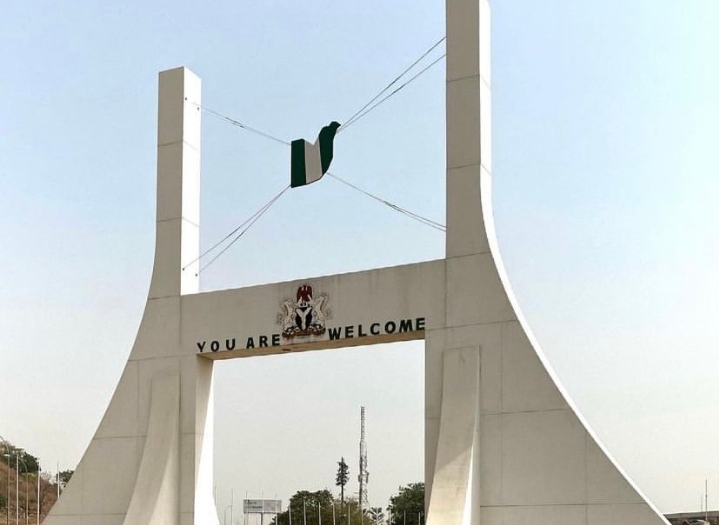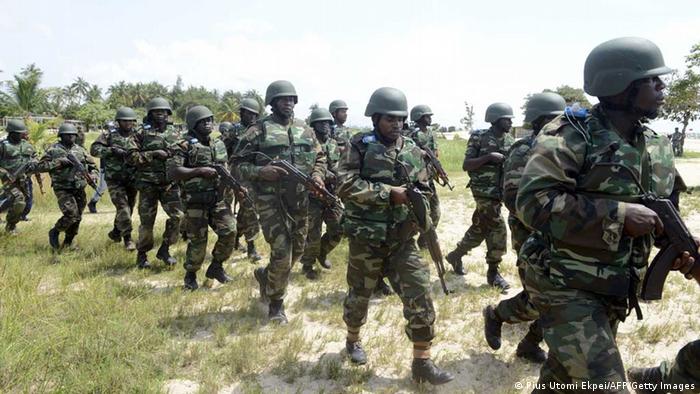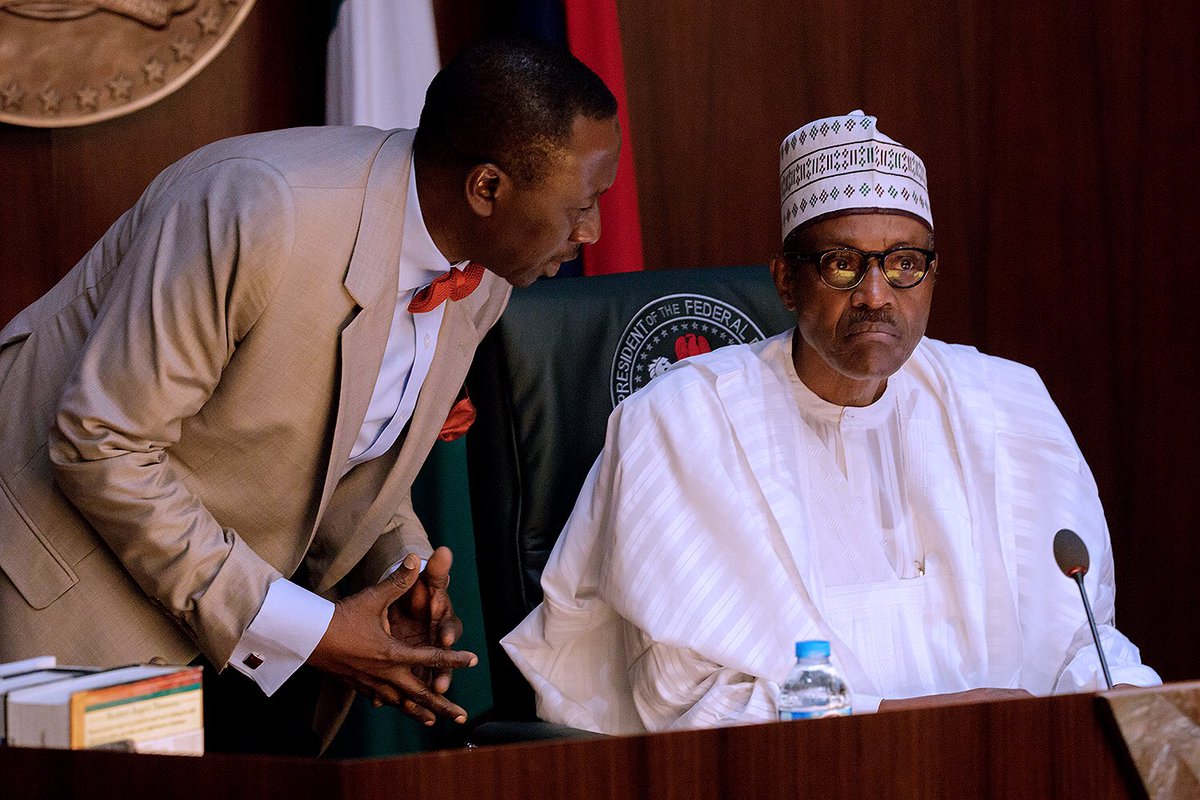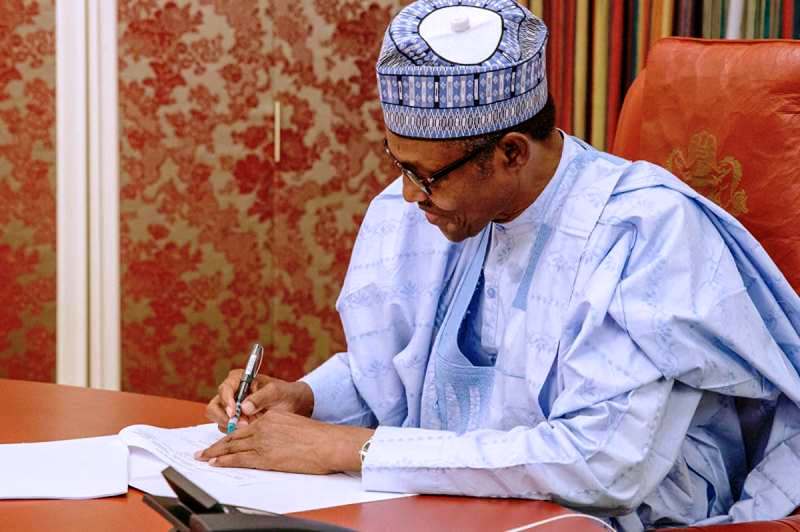While stressing that Nigeria remains committed to bringing terrorists to justice, former National Security Adviser (NSA), Retired Maj.-Gen. Babagana Monguno has disclosed how terrorist groups sustain their activities and carry out fresh attacks in the country.
Monguno made this known at the Session II Third United Nations High-Level Conference of Heads of Counter-Terrorism Agencies of Member States at UN headquarters in New York on Tuesday.
The Conference, which opened on Monday is expected to host 40 side events backed by State Members and multilateral organisations.
The former NSA said that with partnerships from specialised UN agencies and international partners, Nigeria had continued to strengthen its criminal justice provisions and judicial frameworks to secure the conviction of terrorism offenders.
“At both state and federal levels, Nigeria is building institutional capacity to effectively rehabilitate and reintegrate low-risk affiliates of terrorist groups through the “OPERATION SAFE CORRIDOR” and other home-grown initiatives by state governments in the North-East.
“Likewise, our efforts at enhancing support to victims have involved the establishment of the North-East Development Commission and the Ministry of Humanitarian Affairs, Disaster Management and Social Development which continue to embark on projects to rebuild communities affected by terrorist attacks and address the conditions conducive to terrorism,’’ he said.
According to him, the transnational nature of terrorism underscores the importance of strengthening regional institutions and mechanisms to counter the threat.
“It is in this connection and that Nigeria and the UN Office of Counter-Terrorism (UNOCT) will jointly host the next African Regional Counter Terrorism Summit in Abuja in the first quarter of 2024.
“This is to identify challenges as well as foster precipitous and collective action to strengthen national and regional institutions to effectively counter the threat of terrorism in Africa.
“We look forward to welcoming our African colleagues and key partners to this important event,” he said.
Monguno further said that building resilient institutions was not only essential to denying terrorists the freedom to carry out their heinous activities but also fundamental to bringing them to justice.
He said it was essential to provide protection for vulnerable communities and addressing the drivers of radicalisation.
“In the light of the evolving global terrorism landscape, national governments must continue to update legislation in order to build and strengthen national institutions to better respond to threats within and outside their borders.
“In Nigeria, the National Counter Terrorism Strategy (NACTEST) of 2016 and the Policy Framework and National Action Plan for Preventing and Countering Violent Extremism of 2017 provide a dependable architecture for the nation’s counter-terrorism efforts.
“However, more recently in 2022, we adopted the Terrorism (Prevention and Prohibition) Act, which repeals the Terrorism (Prevention) Act, 2011 as amended in 2013 and places prevention at the core of counter terrorism efforts.
“An assessment of this critical piece of legislation was carried out by the Security Council’s CounterTerrorism Committee Executive Directorate (CTED) during their most recent follow-up visit to Nigeria in October 2022.
“Inter alia, the TPPA 2022 enables the establishment of two critical institutions, the National Counter Terrorism Centre (NCTC) and the Nigerian Sanctions Committee (NSC).,’’ he said.
According to him, the centre, commissioned in March 2023, acts as a coordinating platform for Nigeria’s counter terrorism activities aimed at defeating terrorism in all forms.
Likewise, he said the Nigerian Sanctions Committee (NSC) was set up as the national entity responsible for the implementation of United Nations Security Council Resolutions 1373 on Targeted Financial Sanctions, as well as Resolutions 1267, 1988 and successor resolutions.
“Given the growing threat and influence of Da’esh and Al Qaeda on terrorist groups operating within our region, strengthening the effectiveness of these institutions will remain a priority for Nigeria in our fight to eradicate Boko Haram and ISWAP.
“The importance for states to truncate terrorists’ access to finances cannot be overemphasized. Terrorists continue to devise means of exploiting the illicit trade in precious minerals, natural resources, virtual assets, crypto currencies and kidnapping for ransom, to sustain their activities and carry out fresh attacks,” he said.
The former NSA , however, advised States to strengthen their various Anti-Money Laundering (AML) and Countering Financing of Terrorism (CFT) frameworks in line with best practices, including the guidelines by the Financial Action Task Force (FATF).
“In 2022, Nigeria adopted the Money Laundering (Prevention and Prohibition) Act, which has strengthened national AML/CFT compliance.
“Likewise, states must prioritise enhancing normative and institutional frameworks to prevent and deny terrorists’ illicit access to SALWs.,’’ he said.
In addition, he said as a former president of the Arms Trade Treaty (ATT), Nigeria remains a consistent advocate for strengthening regulatory measures to curb illicit manufacturing, trafficking and diversion of SALWs.
“The establishment of the National Centre for the Control of Small Arms and Light Weapons (NCCSALW) in 2021, as a policy guidance, research and monitoring centre, has strengthened Nigeria’s capabilities to respond efficiently to tracking and tracing requests.
“The exploitation and misuse of the cyberspace and new technologies by terrorists remains a cause for concern especially in an age where artificial intelligence can be deployed to spew misinformation.
“The use of social media to propagate hate speech and easily disseminate terrorist narratives, as well as their use of encrypted messages calls for increased collaboration between national authorities and platform operators to stem this threat,’’ the former NSA said.







![[Exclusive] Tramadol: NSA raises alarm over name change to Tafrodol](https://thenewsguru.ng/wp-content/uploads/2020/11/0F0BBB49-7856-4609-A81E-068609722DAB.jpeg)